This article is divided in two parts, the first one will be read in English and the second one in Spanish. Enjoy it.
Español: Este articulo esta dividido en dos partes, la primera se leerá en ingles y la segunda en español. Disfrútenlo.
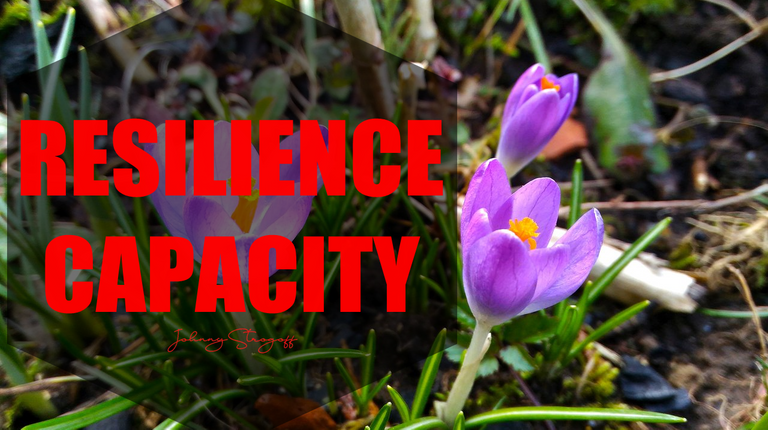

 | Eng
| EngIn these times of confinement caused by the pandemic, thousands of people face a reality complicated by both economic difficulties and the inability to leave home when we want and the risk of contagion. Therefore, in many cases it is necessary to develop the capacity of resilience, that is, the psychological ability to face crises or catastrophic situations with a constructive mentality and without letting painful emotions paralyze us.
These resilience capacities are varied, and psychologists help to strengthen many of them in psychotherapy sessions with patients, but in this case we will focus on a very important one: the ability to modulate the focus.
The importance of training the attention muscle in the face of difficulties. One of the characteristics of sadness is that, if we let ourselves be dragged by it indefinitely, we tend to see everything from a clearly pessimistic point of view. This not only makes us feel bad, but continues to feed that emotional state marked by negativity and most importantly, actions that expose us to more discomfort.
When it comes to managing this emotional imbalance, there is one very important element that we often overlook: care management. This is because when a person suffering from anxiety and pessimism sees a hostile world full of difficulties, there is often, at least in part, a problem with care management. If we get used to focusing our mind on the negative, discomfort will attract more discomfort towards us in a vicious circle from which it is convenient to get out as soon as possible.
Now, what can we do to improve our capacity to regulate care? To do so, we have a very valuable tool: Mindfulness. Mindfulness, also called mindfulness, is a state of consciousness that is characterized by focusing on the present, moving away from concerns about the past and future, and adopting a more distant and value-neutral perspective.
It is also a series of psychological exercises that we can use to induce that state of consciousness in ourselves. These practices are inspired by traditional Vipassana meditation from India and neighboring countries, although it differs from it, among other things, in that it is devoid of any religious or mystical element: it is a therapeutic tool that has been scientifically researched for decades.

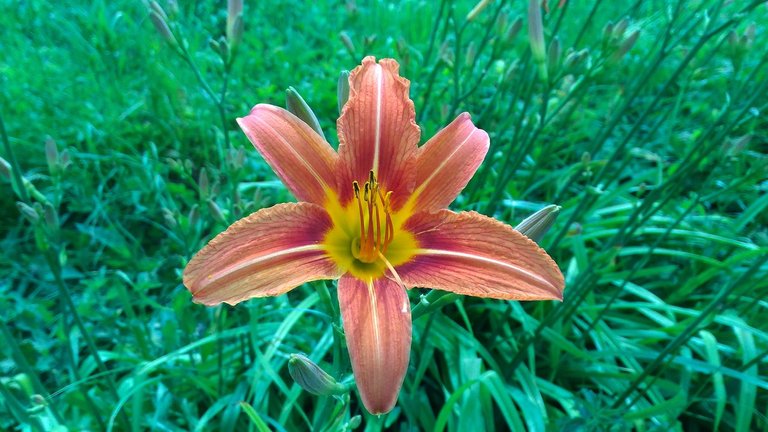

Thus, Mindfulness has several beneficial effects for the mind, most of which are very useful to develop the ability to recover from crises and times when we must adapt to complicated and painful situations, like the death of loved ones, a sudden drop in income or a layoff from the company we worked for. Of course, in all these cases there is an objective fact that produces emotional pain that exists outside of us, but through resources like Mindfulness it is easier to adapt to those circumstances in the best possible way and move forward.
How does this happen, Mindfulness helps us "wipe the slate clean" of painful emotions and especially anxiety. For example, if a thought appears again and again in our consciousness and is disturbing or anxiety-provoking, through Mindfulness practiced regularly we can lose our fear, desensitize ourselves to it and learn to see it as just another thought, that like so many others arrives at a certain time and then disappears. In this way we can focus our attention on more stimulating and constructive aspects of our daily lives.
In addition, Mindfulness promotes a philosophy of life based on the acceptance of what cannot be controlled, and action aimed at achieving concrete solutions in what can be controlled. This combination is very useful when resilience is needed.




 | Esp
| EspEn estos tiempos de encierro causados por la pandemia, miles de personas se enfrentan a una realidad complicada tanto por las dificultades económicas como por la imposibilidad de salir de casa cuando queremos y el riesgo de contagio. Por ello, en muchos casos es necesario desarrollar la capacidad de resiliencia, es decir, la habilidad psicológica para afrontar crisis o situaciones catastróficas con una mentalidad constructiva y sin dejar que las emociones dolorosas nos paralicen.
Estas capacidades de resiliencia son variadas, y los psicólogos ayudan a fortalecer muchas de ellas en las sesiones de psicoterapia con los pacientes, pero en este caso nos concentraremos en una muy importante: la capacidad de modular el foco de atención.
La importancia de entrenar el músculo de la atención frente a las dificultades. Una de las características de la tristeza es que, si nos dejamos arrastrar por ella indefinidamente, tendemos a verlo todo desde un punto de vista claramente pesimista. Esto no sólo nos hace sentir mal, sino que sigue alimentando ese estado emocional marcado por la negatividad y lo que es más importante, acciones que nos exponen a más incomodidad.
Cuando se trata de gestionar este desequilibrio emocional, hay un elemento muy importante que a menudo pasamos por alto: la gestión de la atención. Esto se debe a que cuando una persona que sufre de ansiedad y pesimismo ve un mundo hostil lleno de dificultades, a menudo hay, al menos en parte, un problema con la gestión de la atención. Si nos acostumbramos a centrar nuestra mente en lo negativo, la incomodidad atraerá más incomodidad hacia nosotros en un círculo vicioso del que conviene salir lo antes posible.
Ahora, ¿qué podemos hacer para mejorar nuestra capacidad de regulación de la atención? Para ello, tenemos una herramienta muy valiosa: Mindfulness. La Mindfulness, también llamada Atención Plena, es un estado de conciencia que se caracteriza por hacernos centrar en el presente, apartarnos de las preocupaciones sobre el pasado y el futuro, y adoptar una perspectiva más distante y neutral en cuanto a los valores.
También es una serie de ejercicios psicológicos que podemos utilizar para inducir ese estado de conciencia en nosotros mismos. Estas prácticas se inspiran en la meditación tradicional Vipassana de la India y los países vecinos, aunque se diferencia de ella, entre otras cosas, en que está desprovista de todo elemento religioso o místico: es una herramienta terapéutica que se ha investigado científicamente durante décadas.

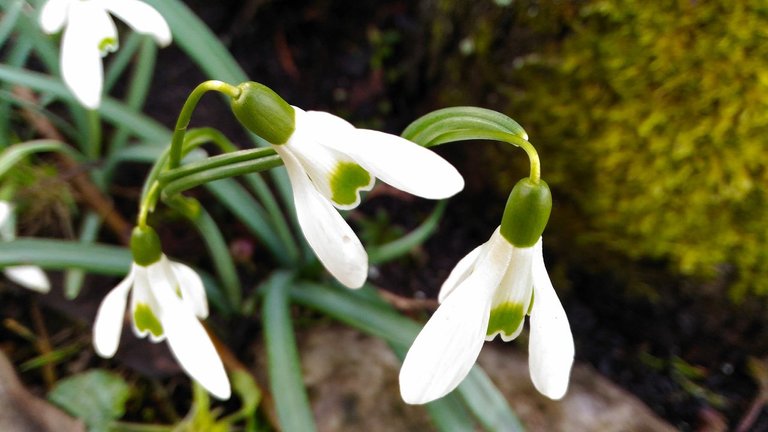

Así pues, Mindfulness tiene varios efectos beneficiosos para la mente, la mayoría de los cuales son muy útiles para desarrollar la capacidad de recuperación ante las crisis y los momentos en que debemos adaptarnos a situaciones complicadas y dolorosas, como la muerte de seres queridos, una caída repentina de los ingresos o un despido de la empresa en la que trabajábamos. Por supuesto, en todos estos casos hay un hecho objetivo que produce dolor emocional y que existe fuera de nosotros, pero a través de recursos como Mindfulness es más fácil adaptarse a esas circunstancias de la mejor manera posible y seguir adelante.
¿Cómo sucede esto?, Mindfulness nos ayuda a "hacer borrón y cuenta nueva" de las emociones dolorosas y especialmente de la ansiedad. Por ejemplo, si un pensamiento aparece una y otra vez en nuestra conciencia y es perturbador o provocativo de ansiedad, a través de la Mindfulness practicada regularmente podemos perder nuestro miedo, desensibilizarnos a él y aprender a verlo como un pensamiento más, que como tantos otros llega en un momento determinado y luego desaparece. De esta manera podemos centrar nuestra atención en aspectos más estimulantes y constructivos de nuestra vida diaria.
Además, Mindfulness promueve una filosofía de vida basada en la aceptación de lo que no se puede controlar, y la acción dirigida a lograr soluciones concretas en lo que se puede controlar. Esta combinación es muy útil cuando se necesita resilencia.

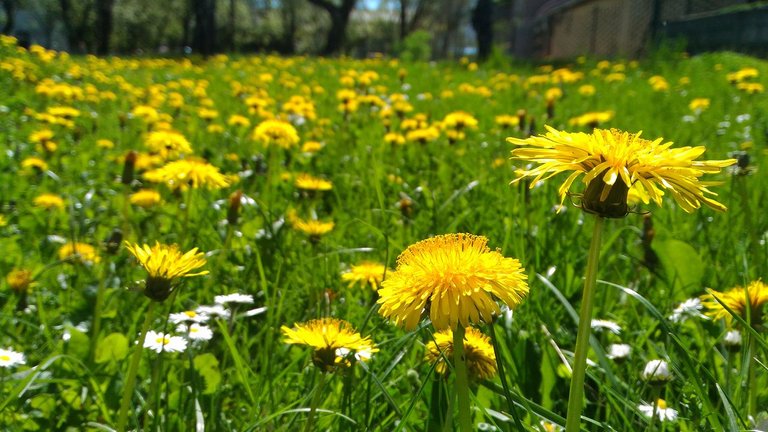

To start a life closer to Mindfulness, I want to recommend this series of articles where I share with you how to start with meditation and why it is important. I also leave you tools in my Mental Health articles if you need more information about it:
Para empezar una vida más cerca al Mindfulness, te quiero recomendar esta serie de articulos donde te comparto desde como empezar con la meditación y el porque es importante. También te dejo herramientas en mis articulos de Salud Mental si necesitas más información al respecto:
Without further ado, I hope this article has been useful to you, don't forget you can leave me a comment if you have any questions. I wish you a happy journey. Blessings.
Sin más que agregar, espero te haya sido útil este articulo, no olvides que puedes dejarme tu comentario si tienes alguna duda. Te deseo un feliz viaje. Bendiciones.


Translation made with DeeL.
The source of the images used in this article belongs to @seckorama from comunidad Stock Images Community of your collection ****Meadow Flowers Free Stock Images** and is entitled to 5% of this publication for the use of its images.
- The first image was edited with the PhotoScape
Traducción realizada con DeepL
La fuente de las imágenes utilizadas en este artículo pertenece a @seckorama de la comunidad Stock Images Community de su colección Meadow Flowers Free Stock Images y es beneficiario del 5% de esta publicación por el uso de sus imagenes.
- La primera imagen fue editada con el programa de edición PhotoScape


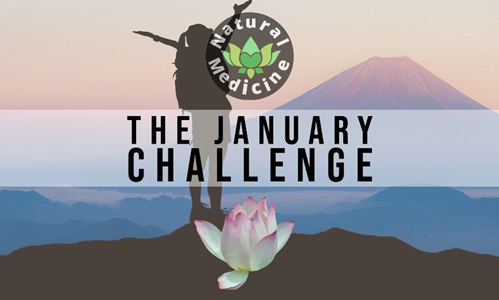
CHOOSE FROM 6 WRITING PROMPTS TO WIN OVER 100 HIVE FOR JANUARY IN NATURAL MEDICINE! The Natural Medicine community invites us to participate in this mega challenge for the month of January. If you want more information about it, I invite you to enter HERE and participate to win up to 100 HIVE.


Have you been meaning to try a plant powered life for some time? Are you just a little bit full of Christmas turkey? Are you feeling the sadness of the environmental disaster that is the meat industry? Or maybe you want to just be a little bit healthy?
Why don't you join us for Veganuary?Join the Vevolution: Go Vegan for January! (And Win 100 HIVE!)

Congratulations @pavanjr! You have completed the following achievement on the Hive blockchain and have been rewarded with new badge(s) :
You can view your badges on your board and compare yourself to others in the Ranking
If you no longer want to receive notifications, reply to this comment with the word
STOPI agree that mindfulness and meditative practices strengthen our ability to attend to what we need to, and understand that a though tis just that. I do think it can be counter active to some people as they put them in that space where they are thinking over and over about the same thing - I know when I'm feeling super stressed the last thing I want to do is meditate. That's why I like moving meditation! But I digress - mental health CAN be assisted by mindful practices and they have served me over the years as well.
It really is all about the way we think and the stories we tell ourselves, we can get lost in some narratives that indeed can be quite destructive. Finding techniques that help you break these patterns and that help you focus on what is important, is so beneficial. Thank you for sharing this with us @pavanjr xxx
Curated for #naturalmedicine by @trucklife-family.
Did you know that you can earn a badge from @hivebuzz for posting about #mentalhealthawareness? Read more details here!
Earn Instantly For Writing Natural Health Content
Earn LOTUS and HIVE rewards for sharing your natural health content on www.naturalmedicine.io. If you don't already have a HIVE account, you can sign up for
FREEhere. We support writers sharing about herbalism, TCM, yoga, meditation, vegan and other healthy diets, as well as earth centred practices such as foraging, permaculture and biodynamics - read more about us on our Welcome Page!DelegateIICommunityIIDiscord